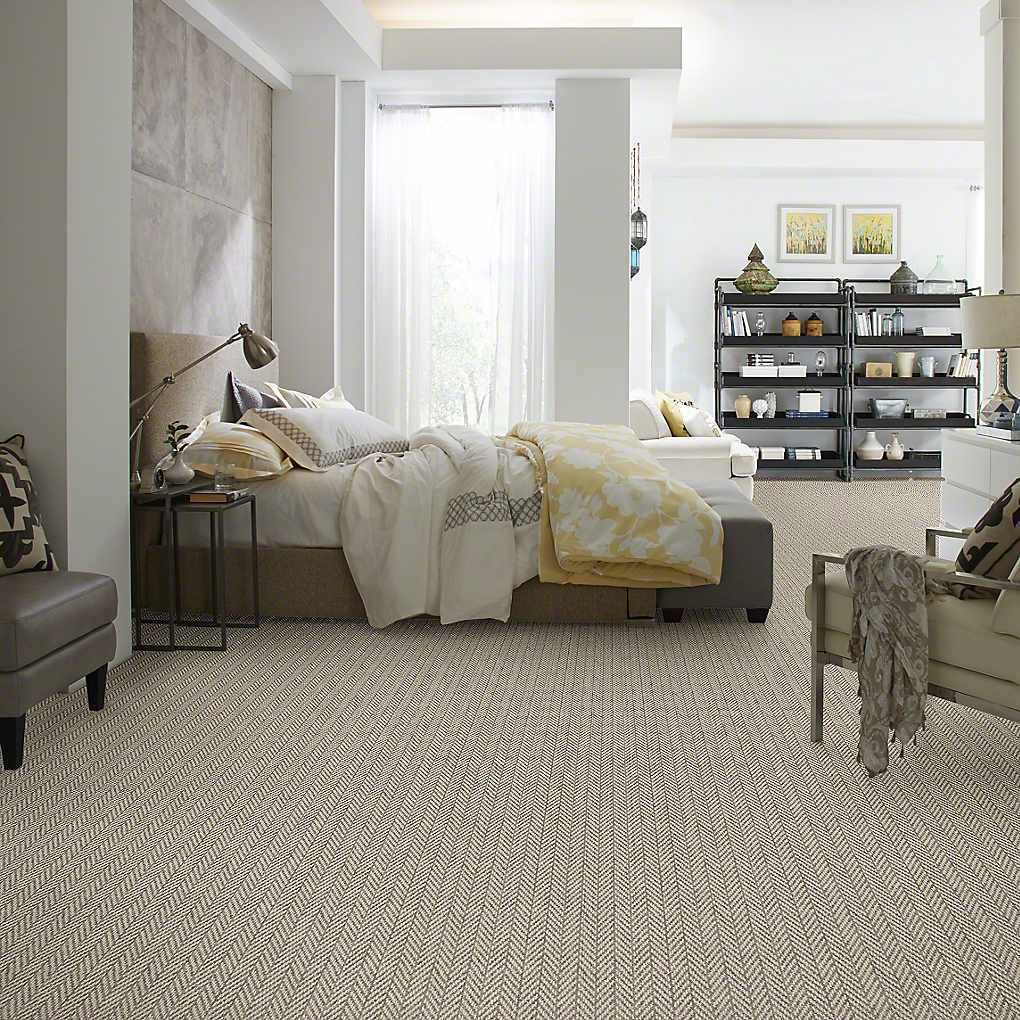In today’s world, sustainability has become a crucial factor in home and commercial interior design. Eco-conscious homeowners and business owners are constantly looking for ways to reduce their environmental footprint while maintaining aesthetics and comfort. One such sustainable choice is eco-friendly wall-to-wall carpets, which not only enhance the beauty of a space but also promote healthier indoor environments. This blog explores the benefits, materials, and top choices for sustainable wall-to-wall carpets dubai, helping you make an informed and responsible decision.
Why Choose Eco-Friendly Wall-to-Wall Carpets?
Traditional carpets, while offering comfort and insulation, often come with environmental drawbacks. Many are made from synthetic fibers derived from petroleum-based materials, which contribute to carbon emissions and pollution. Additionally, conventional carpets contain volatile organic compounds (VOCs) that can release harmful chemicals into indoor air. Choosing eco-friendly carpets helps mitigate these issues, offering benefits such as:
Improved Indoor Air Quality: Low-VOC or VOC-free carpets reduce toxins in your living space, making them ideal for allergy sufferers and households with children or pets.
Sustainable Manufacturing: Many green carpets are made using recycled or natural materials, reducing landfill waste and promoting resource conservation.
Energy Efficiency: Carpets provide insulation, helping to maintain indoor temperatures and reduce energy consumption.
Durability and Longevity: High-quality sustainable carpets are designed to last longer, reducing the need for frequent replacements and lowering overall waste.
Best Sustainable Materials for Wall-to-Wall Carpets
When selecting an eco-friendly wall-to-wall carpet, the material used is a key consideration. Here are some of the top sustainable materials available:
Wool Carpets
Wool is a natural, renewable fiber that offers exceptional softness, durability, and insulation. It is biodegradable and resistant to stains and odors, making it a great choice for eco-conscious consumers. Wool carpets also naturally regulate humidity and improve indoor air quality.
Recycled Nylon Carpets
Recycled nylon, often sourced from discarded fishing nets or old carpets, helps reduce ocean pollution and landfill waste. Brands like Econyl® produce high-performance carpets from 100{d77f7f9b82b1bbbc0c834d3e3b0fb2d9003c9e4f50f39c4b1187723ec2de1f0f} regenerated nylon, offering the same durability and softness as virgin nylon but with a significantly lower environmental impact.
Sisal and Jute Carpets
Derived from plant fibers, sisal and jute carpets are biodegradable and free from synthetic chemicals. These carpets provide a natural, rustic look and are highly durable, making them ideal for high-traffic areas. They are also resistant to dust mites and allergens.
Bamboo Carpets
Bamboo is a fast-growing, renewable resource that requires minimal water and pesticides to cultivate. Bamboo carpets are known for their strength, natural sheen, and eco-friendliness. They provide an elegant touch while being easy to maintain.
Corn-Based Carpets (Triexta Fiber)
Triexta is a sustainable fiber made from corn glucose, offering stain resistance, softness, and durability. It is a greener alternative to traditional synthetic fibers and has a lower environmental impact compared to petroleum-based options.
Certifications to Look for When Buying Eco-Friendly Carpets
To ensure you are purchasing a truly sustainable carpet, look for the following certifications:
Cradle to Cradle Certified™ – Ensures the carpet is produced with safe, sustainable materials and is designed for recycling.
Green Label Plus Certification – Indicates low VOC emissions, improving indoor air quality.
Global Organic Textile Standard (GOTS) – Ensures that natural fibers used in the carpet are organically sourced and processed.
Forest Stewardship Council (FSC) Certified – Ensures sustainable sourcing of plant-based fibers like jute and bamboo.
Best Eco-Friendly Carpet Brands
Several brands have committed to producing high-quality sustainable carpets. Here are a few leading options:
Interface – Offers modular carpets made from recycled nylon with carbon-neutral manufacturing.
Mohawk Flooring – Uses SmartStrand™ Triexta, a fiber derived from renewable corn resources.
Shaw Floors – Produces carpets from recycled materials with Cradle to Cradle Certification.
Earth Weave – Specializes in 100{d77f7f9b82b1bbbc0c834d3e3b0fb2d9003c9e4f50f39c4b1187723ec2de1f0f} natural wool carpets without synthetic backing or dyes.
How to Maintain Eco-Friendly Carpets for Longevity
Investing in a sustainable carpet is just the first step. Proper maintenance ensures durability and prolongs the life of your wall-to-wall carpet. Here are a few tips:
Vacuum Regularly: Use a vacuum with a HEPA filter to remove dust and allergens without releasing them back into the air.
Use Natural Cleaners: Avoid harsh chemical-based cleaners; instead, use vinegar, baking soda, or eco-friendly carpet shampoos.
Prevent Moisture Buildup: Ensure good ventilation to prevent mold and mildew growth, especially for plant-based carpets.
Rotate Furniture: Rearranging furniture periodically prevents excessive wear in certain areas.
Conclusion
Switching to eco-friendly wall-to-wall carpets dubai is a smart and responsible choice for modern interiors. Whether you opt for wool, recycled nylon, or natural plant fibers, these sustainable carpets provide beauty, comfort, and durability while reducing environmental impact. By choosing certified green carpets and maintaining them properly, you contribute to a healthier indoor space and a more sustainable planet.


